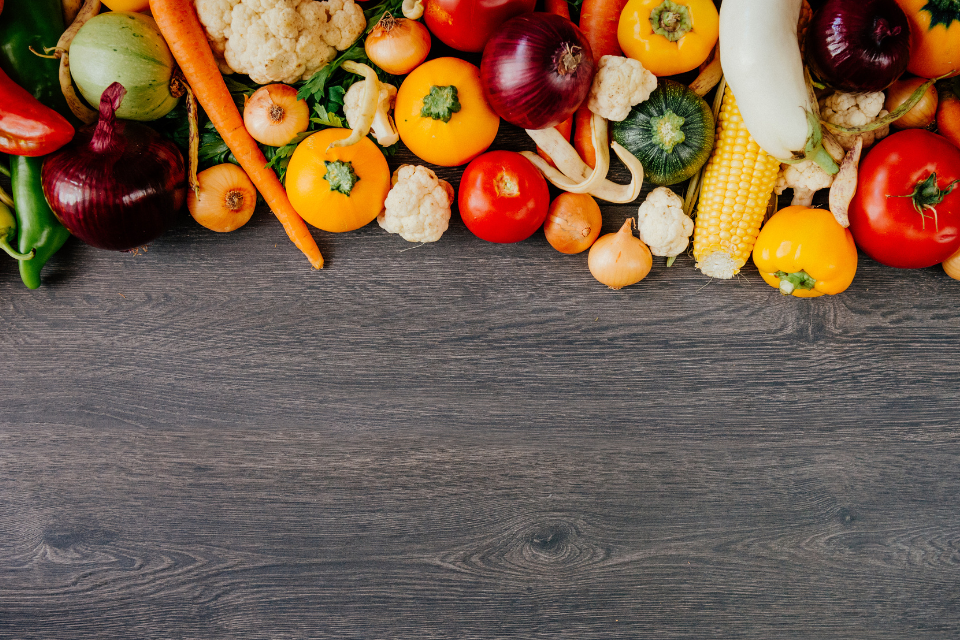It is at this time of the year that people consider making changes to diet. Particularly some choose a vegan or plant-based change as a result of popularising through ‘veganuary’. In this article registered dietitian, Dr Frankie Phillips, leads us through the principles of a vegan diet in pregnancy in order to give the best advice.
___________________________________________________________________________________________________
A vegan diet during pregnancy
January, or is it ‘veganuary’…. At this time of year minds turn to new resolutions, one of which being a determination to refresh the diet and generally get into a healthier lifestyle. But in pregnancy, is a vegan diet an appropriate plan?
What is a vegan diet?
A vegan diet is one which is based on entirely plant-derived foods. It is different to a ‘plant-based diet’ which can be mostly plants, whilst including some animal derived foods. Vegans do not eat meat, that is red meat as well as poultry, fish and seafood, and whilst vegetarians often retain dairy and eggs, vegans exclude these too. A number of food additives used in processing, may also be avoided, for example, some animal byproducts are used in making some beer and wine, and honey is excluded too. Given that many of these foods are good sources of key nutrients, it is important to ensure that where all animal-derived foods are avoided, the nutrients they are rich in can be substituted with vegan-friendly sources.
Key nutrients to consider on a vegan diet include: calcium, iron, vitamin B12, vitamin D, iodine as well as omega-3 fats. Whilst it is recognised by the British Dietetic Association that a fully plant-based vegan diet is compatible with good health, there are some key nutrients to be aware of during pregnancy, and beyond.
A vegan dietary balance during pregnancy
For many people planning a pregnancy will involve getting the body ready for the times ahead, so women and birthing people should already be thinking about dietary balance even before conceptions. In particular, as will non-vegan mothers-to-be, folic acid supplementation is recommended alongside a balanced and healthy diet.
According to the NHS.uk website, it’s important to get adequate vitamin B12 and iron, as well as calcium, vitamin D and iron.

Supplements
All pregnant women are advised to take a folic acid supplement during the first 13 weeks of pregnancy and all adults are advised to take daily 10mcg supplements of vitamin D from October until March, when the action of sunlight on skin is insufficient for the body to produce vitamin D. Vegan vitamin D supplements are available but it is worthwhile checking the label to ensure it’s suitable. Vitamin B12 supplements are recommended for all people following a vegan diet.
Recent research has revealed that iodine levels can be very low and iodine supplements, or eating foods fortified with iodine (such as some plant-based dairy alternatives) are now recommended for vegans; seaweed is variable in iodine content and should not be relied on as a reliable source of iodine.
Finally, omega-3 fat is important for brain development. Some research has indicated that vegans should eat more omega-3 than non-vegans, especially because the vegan diet does not naturally contain the long-chain type of omega-3 (EPA and DHA). However, it is possible to supplement the vegan diet with DHA and EPA omega-3 from microalgae supplements if this is a concern.
General recommendations
In accordance with advice for all pregnant women, it is recommended that alcohol is avoided and that caffeine is limited to 200mg per day – around 1 mug of filter coffee, 2 mugs of instant coffee or 2 mugs of tea. In addition, advice about food safety also applies to vegan foods – for example avoiding vegetable-based pates. Keeping fit and active also helps to keep the body healthy and can help to avoid complications.
For further advice about diet during pregnancy and plant-based diets, the British Dietetic Association has produced these fact sheets
https://www.bda.uk.com/resource/pregnancy-diet.html
https://www.bda.uk.com/resource/vegetarian-vegan-plant-based-diet.html
For any further advice regarding diet during pregnancy, always consider referring to a dietitian.
Dr Frankie Phillips Registered Dietician
January 2023



